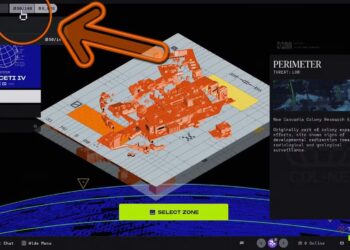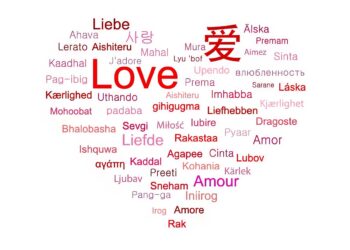Select Language:
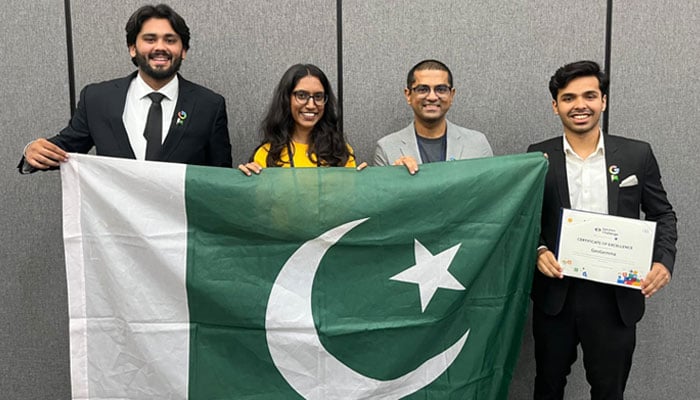
Two dedicated students from the Institute of Space Technology in Islamabad, Ahmed Iqbal and Hanzila Bin Younas, have transformed their final-year project into a groundbreaking innovation.
Their creation, GeoGemma—an open-source Large Language Model (LLM) that integrates with the sophisticated Google Earth Engine—recently won the ‘Best AI Use Case’ award at the prestigious Asia-Pacific (APAC) Solution Challenge hosted in Manila, co-organized by Google and the Asian Development Bank.
GeoGemma is an open-source Geo Large Language Model (GeoLLM) designed for analyzing planetary-scale satellite imagery.
This initiative stemmed from the pair’s desire to simplify access to complex geospatial data and satellite imagery, which also captured the interest of Google DeepMind, a branch of Alphabet dedicated to AI advancement.
The duo was awarded a $10,000 grant that significantly accelerated GeoGemma’s development.
In an interview with Geo.tv from Manila, Iqbal expressed that the desire to create a meaningful final year project was sparked by the rapid rise of generative AI, particularly ChatGPT, over the past three years.
“As Hanzila and I both have backgrounds in Space Science, along with our specialization in Geographic Information Systems (GIS) and Remote Sensing based on satellite imaging, it was clear to us that we needed to explore intersections in Geospatial Artificial Intelligence, or Geo AI,” Iqbal explained.
“This is a relatively new field, and there are very few intersections of geospatial technologies or GIS and text-based Large Language Models like ChatGPT.”
As the team lead for GeoGemma, Iqbal pointed out that “everyone in this field uses” Google Earth Engine.
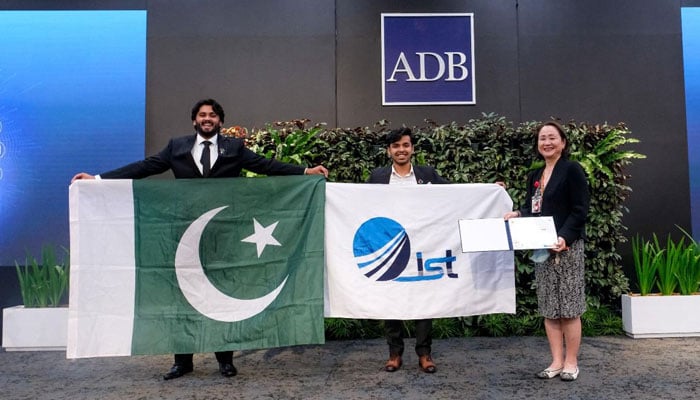
“While most people have seen their rooftops on Google Earth, the Google Earth Engine goes a step further; it’s like a bigger brother,” Iqbal stated.
“It houses over 80 petabytes of satellite imagery and associated datasets. We thought, why not combine it with a free-to-use, ChatGPT-like model?” the young innovator added.
Despite the extensive capabilities of Google Earth Engine, Iqbal noted that its utility has typically been limited to those with considerable programming expertise.
To address this, Iqbal and Younas aimed to create a tool that anyone could use to analyze vast datasets simply by formulating natural language prompts.
A Defining Summer
A transformative phase in the development of GeoGemma took place during the summer of 2024, at the National Center of GIS and Space Applications (NCGSA).
Iqbal emphasized the significance of this internship: “While interning there, we were given the freedom to experiment on research that eventually led to GeoGemma.”
He expressed gratitude to key individuals at NCGSA: “They provided us access to pro versions of ChatGPT tools and Cloud Sonnet tools during the initial phase of our ideation.”
It was during this internship that the team began actively seeking research grants. Iqbal reflected on the mindset that guided them to Google DeepMind: “Why not have our project sponsored by one of the major tech companies? It could be Google, Amazon, Meta, or NVIDIA.”
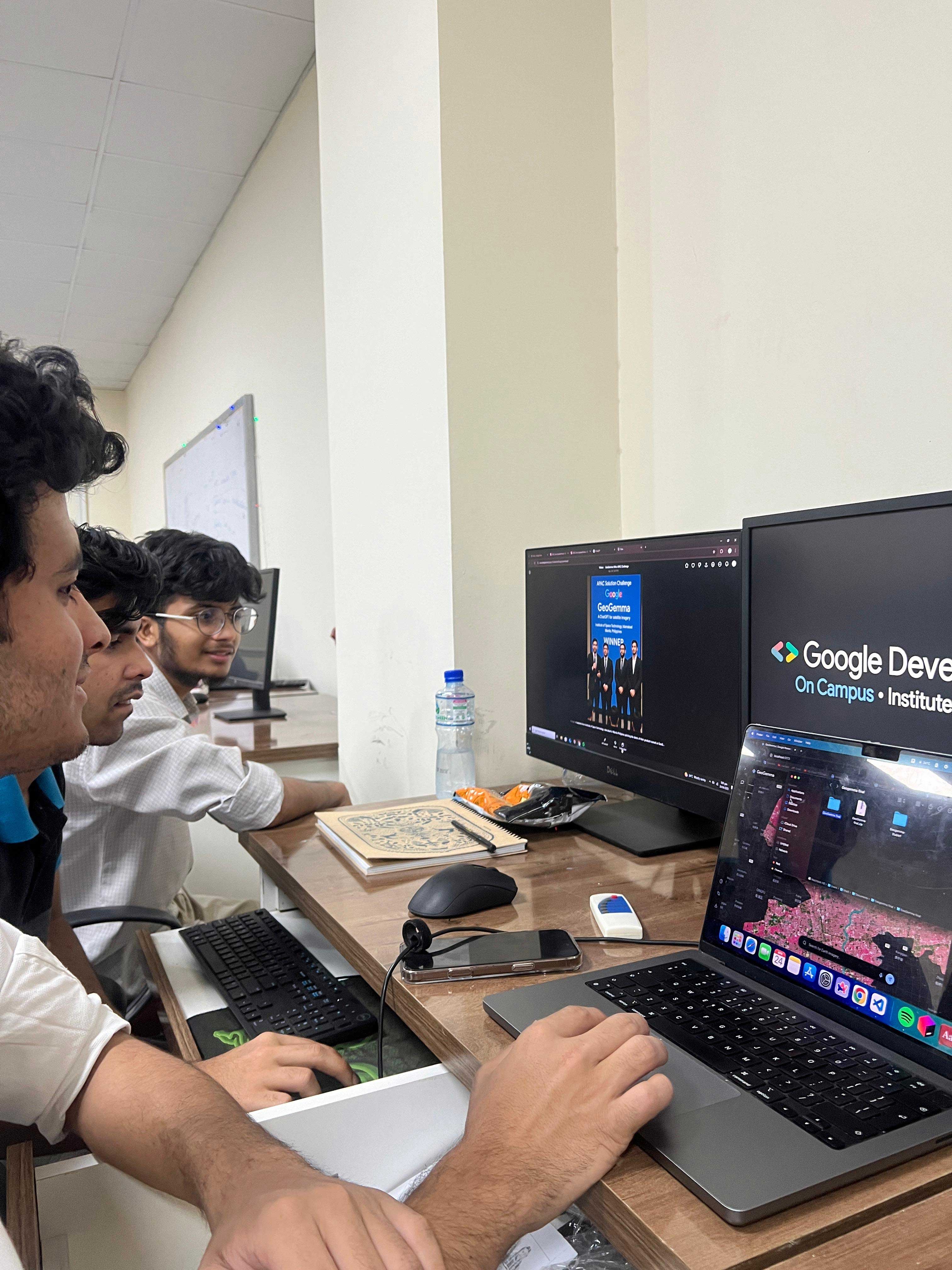
He pointed out a common oversight in academia, saying: “Somehow, this idea doesn’t resonate within our academic communities; it’s not ingrained in our daily routines. If you have a great idea, why not share it openly with these companies?
“You never know how many doors will open if you don’t knock.”
In June 2024, Iqbal found a research grant opportunity through the Gemma Academic Programme.
He, Younas, and their supervisor Dr. Sajid Ghuffar formed a GeoAI team and successfully pitched their concept of merging Google Earth Engine with the open-source Gemma model.
This initiative led to a significant $10,000 research grant from Google DeepMind in September 2024, providing essential funding for their development.
“We were eventually flown to Google’s offices in Manila, which was an unforgettable experience,” Iqbal recalled.
“Receiving recognition and a research grant from Google DeepMind is a remarkable accomplishment, especially in the broader context of AI research.”
He reaffirmed their initial intent: “We were clear from the start that we wanted to integrate generative AI models with the Google Earth Engine or similar products. The Google Earth Engine was the target we had in mind.”
GeoGemma quickly gained traction, earning a spot among the top 10 projects from a pool of 750 submissions from over 200 universities.
To bolster their project for the final phase of the competition, Iqbal and Younas expanded their team, adding Abdullah Asif as a Front-end Web Developer and Khalil Ur Rehman as a tech lead and AI engineer, both undergraduate students from IST’s Computer Science program.
‘The Major Challenge’
As Iqbal celebrated their success, he also highlighted a significant hurdle to advancing AI research in Pakistan—the lack of powerful computing infrastructure.
“The primary limitation of any AI research project is the need for an abundance of graphics processing units (GPUs), which Pakistan sorely lacks,” he stated.
“We require AI infrastructure to fine-tune and train these models, which involves a substantial investment in GPUs, costing thousands, if not hundreds of thousands, of dollars.”
The $10,000 research grant from Google DeepMind didn’t provide direct cash, but instead allocated resources strategically.
Iqbal elaborated, “The research grant consists of $10,000 worth of credits on Google Cloud, enabling us to optimize our models, conduct experiments, and contribute to our understanding of Earth GIS.”
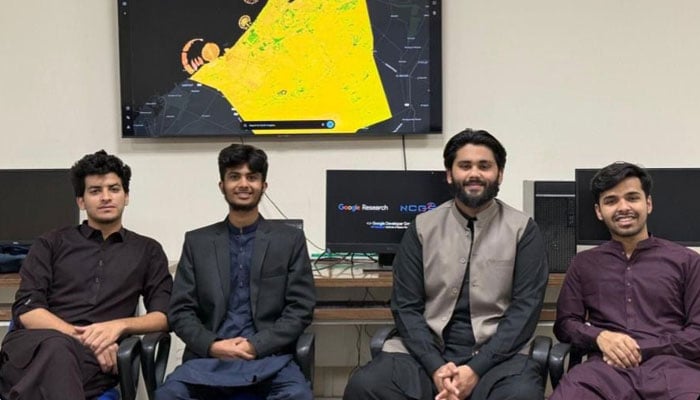
This access to robust cloud computing resources was invaluable for the Pakistani team.
A World of Possibilities
GeoGemma serves as an accessible spatial analysis tool, capable of retrieving and interpreting satellite data using natural language commands.
Remarkably, the model itself is under 2GB in size, which allows it to run on any standard laptop without requiring external servers.
The team believes GeoGemma has immense potential across various industries where satellite imagery and remote sensing are essential, including sustainability, oil and gas exploration, real estate development, and supply chain management, among others.
With their recent accolade and increasing visibility, the team aims to launch their software by the end of the year, aspiring to establish partnerships and develop custom modules to further enhance GeoGemma’s reach and impact.


